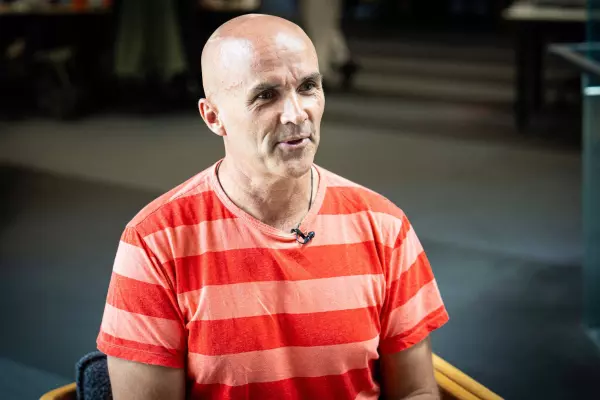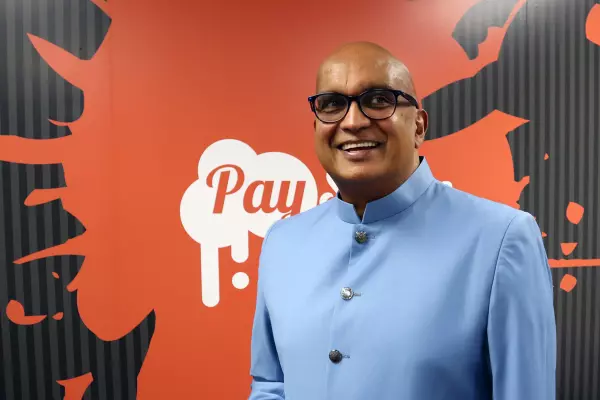2024 has been a tumultuous year for technology businesses across New Zealand, from the biggest enterprises to the smallest startups.
Four journalists who cover the industry joined The Business of Tech podcast to discuss what they had seen in the last year and look ahead to what may be yet to come.
Rakon’s complexities
BusinessDesk’s senior markets reporter Rebecca Stevenson spoke about the failed takeover bid of NZ Exchange (NZX) listed components manufacturer Rakon.
Stevenson said Rakon’s takeover bid failed when the potential buyer found what was described as “material complexities”.
She said the full details remain undisclosed, but in the interview, she unpacks some of the potential reasons she’s heard from contacts in the industry.
In the full interview, Stevenson offers a deeper dive into the Rakon story and unpacks Gentrack’s success and the questions it raises about executive pay.
Layoffs
Rob O’Neill, senior reporter at IT industry news outlet Reseller, said 2024 for enterprise and government was defined by the waves of redundancies.
He said 2024 marked a drastic change in the job market for the information technology services industry.
“ The industry has gone from a kind of a boom time where it was very, very hard to find people to a time where we're seeing the potential for some kind of brain drain happening.”
In the full interview, O’Neill unpacks more about redundancies and talks about AI in big business.
Fusion and funding
Finn Hogan, a writer at startup-focused Caffeine Daily, said the highlight of the year in startups was OpenStar’s steps toward nuclear fusion.
“It's not just OpenStar; there's genuine momentum, and the idea that New Zealand has a hand on that ball on any level is just spectacular.”
Hogan talks through other tech startup highlights, the ups and downs of finding funding, and the industries worth watching.
Big tech and the media
The Spinoff founder and media writer Duncan Grieve outlines his concerns over the future of the news amid big tech’s continued domination of the media landscape.
He called for more oversight of competition in the NZ media market, akin to telecommunications, electricity and supermarkets.
“To me, it's so obvious that that is a sphere that needs to be scrutinised in the same way as those other ones, arguably more than, for example, telecommunications. And yet ComCom [Commerce Commission] have said, we just aren't resourced or mandated to do it, so we're not going to do it.”
Grieve makes more pointed statements and asks hard questions about the future of the industry in the full interview.
Reading list
- Meta is fighting scam ads in Australia – but has ‘no plans’ to do so in NZ - The Spinoff
- Banks are grappling with a scam ‘crisis’ while Facebook profits from it - The Spinoff
- A soul-destroying attempt to report scam Facebook ads - The Spinoff
- ‘I need to make you suffer’: My near decade of violent harassment by a man I barely know - The Spinoff
- ‘Traumatising’ SAP rollout sends Mitre 10 NZ deeper into the red - Reseller News
- Mitre 10’s challenging SAP rollout reaches Ponsonby retail store - Reseller News
- Starlink’s NZ revenue hits $74 million, poised to pay telco development levy - Reseller News
- Advanced parts maker Rakon profit and revenue plunges as it crashes to $10.4m loss - BusinessDesk
- Gentrack's revenue soars by 25.5%, profit dips due to investment loss - Business




















